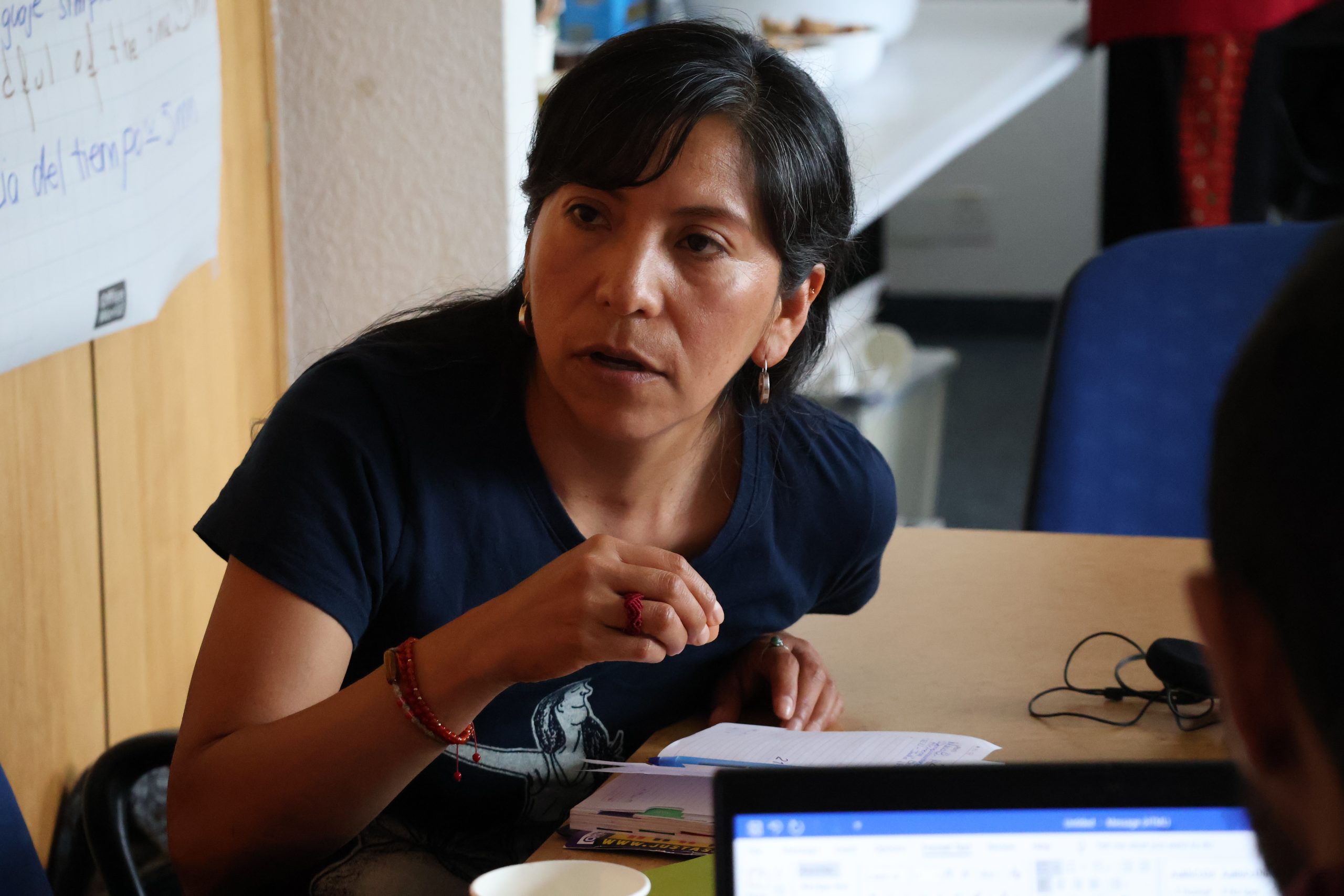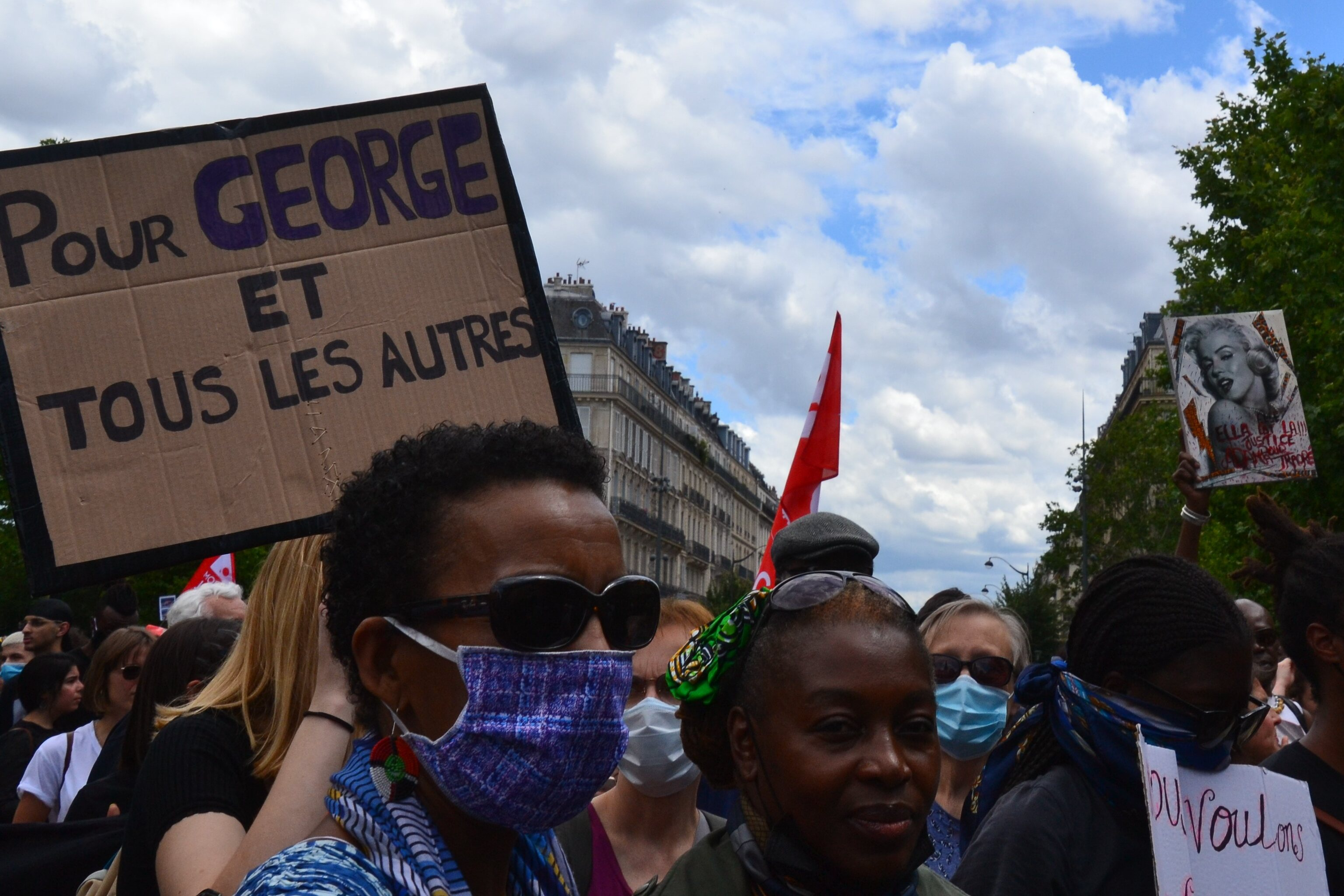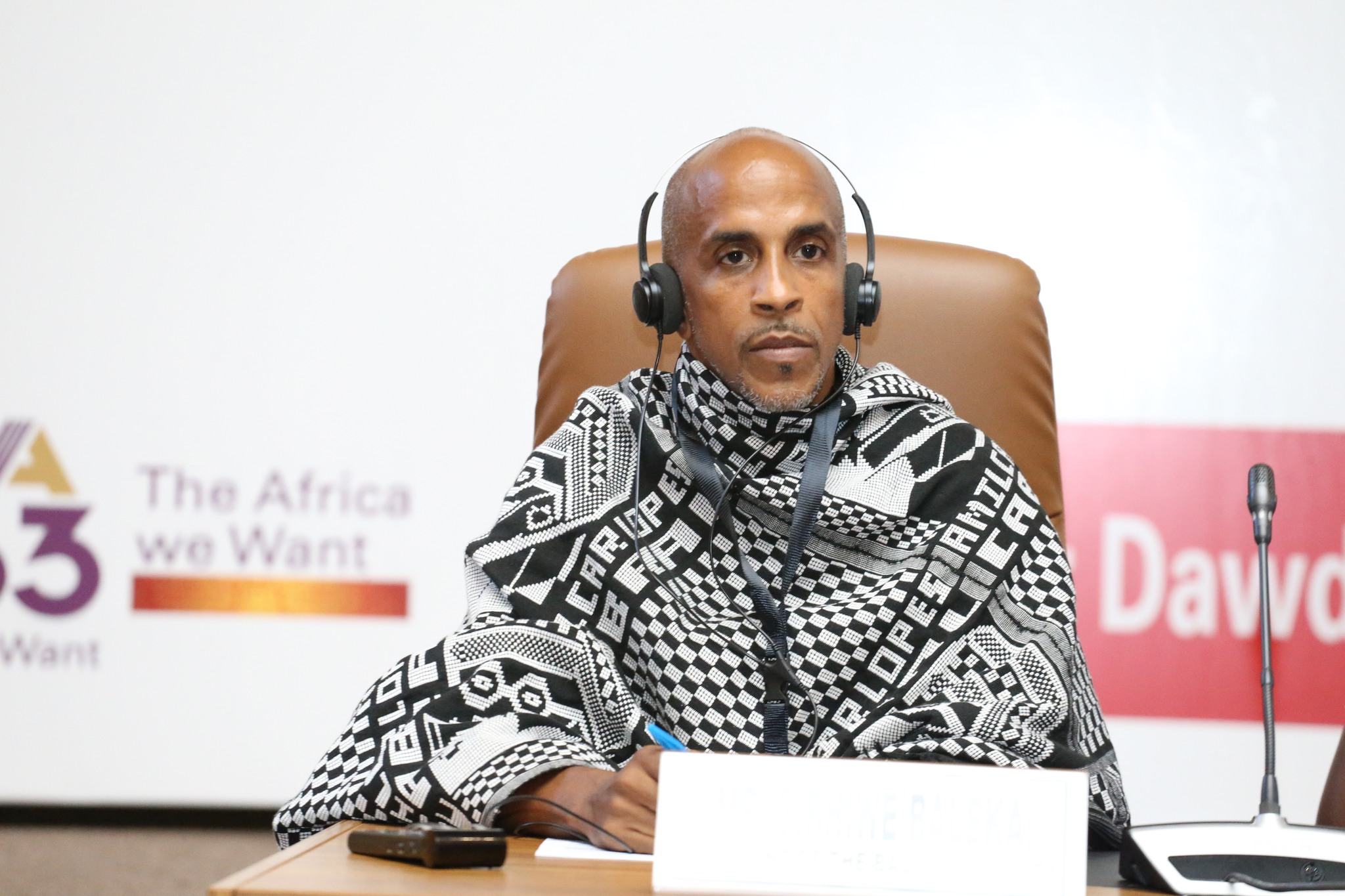On 19 July 2016, Adama died as a result of an arrest at the hands of the gendarmes of Beaumont sur Oise. Five years later, none of the gendarmes involved have been questioned as the courts still refuse to charge them. In light of the stifled progress caused by the failure of the French authorities to reconcile the contradictory reports on the causes of Adama’s death and establish the key facts, and the many unfounded statements issued by the prosecutor in charge of the case, Assa Traoré has initiated several actions demanding that light be shed on the death of her brother. These actions include setting up a “Truth and Justice Committee for Adama”, travelling throughout France and the world to campaign on this matter and various social and political struggles in France and abroad, as well making use of national and international media to raise awareness on the lack of justice for Adama. Through the Truth and Justice Committee for Adama, Assa Traoré has been campaigning to demand transparency on the circumstances of Adama’s arrest, and to have the responsibility of the gendarmes in his death recognised, and, more generally, against police violence.
On 19 July 2019, three years after Adama’s death and frustrated by the perpetual obstruction of the investigation into it, Assa Traoré published a Facebook article on Adama Committee’s page entitled “J’accuse” in which she accused and named all those who have allegedly obstructed the investigation into her brother’s death, including experts, gendarmes, prosecutors and judges. In this article, Assa Traoré demanded the truth about the acts that caused the death of her brother and denounced the lack of action on the part of the judicial authorities in dealing with the perpetrators. The gendarmes mentioned in her article filed a defamation and breach of the presumption of innocence lawsuit against her in December 2019. This lawsuit was dismissed in July 2020 and the three gendarmes were ordered to pay legal costs to Assa Traoré. However, the gendarmes appealed the decision to the Paris Court of Appeal. In February 2021, Assa Traoré was ordered by the Paris Court of Appeal to remove the “J’accuse” article from all social media networks where it was posted and to reimburse the gendarmes’ legal costs.
More recently, on 6 and 7 May 2021, a criminal trial took place before the 17th Chamber of the Paris Correctional Court in which Assa Traoré was sued for defamation. She was tried and the prosecutor demanded that she pay damages of €10,000 to each of the three gendarmes, a disproportionate amount in view of the fact that she is currently unemployed and a mother of three children. On 1 July 2021, Assa Traoré was acquitted of her charge of defamation but the gendarmes’ lawyers said that they would appeal the decision.
At the 45th Session of the UN Human Rights Council (HRC) in October 2020, ISHR and the Adama Committee delivered a joint statement in which they stated that it was clear that by instituting further legal proceedings against Assa Traoré, the French authorities are attempting to criminalise her and discredit her fight for justice for her brother. These lawsuits are being used to divert the public attention from the justice that is expected for Adama’s death and to dissuade Assa from continuing her struggle. In cases of racially motivated police violence, the criminalisation of victims is recurrent, including the judicial harassment of which Assa Traore is currently a victim.
Despite the swiftness of the French courts in trying Assa Traoré for claims brought against her by the gendarmes to protect the State officials, there has been hardly any progress made after five years towards the trial of those who were involved in Adama’s death. The targeting of Assa Traoré, a family member of the victim of racially motivated police brutality has a considerable adverse impact on all other families who wish to speak out and seek justice for the crimes and violence committed by the police.
In ISHR’s joint statement issued at the 47th Session of the HRC, ISHR noted that although France is a member of the HRC, it allows a climate of impunity for racialised police violence to persist. ISHR urged France to end impunity for racist police violence, end judicial harassment against defenders working on police violence, and refrain from criminalising them. ISHR also urged France to accept the pending visit requests by the Special Rapporteur on racism and the Working Group on People of African Descent. Watch ISHR’ statement here.
In view of the above, ISHR and the Adama Committee request the French Government to:
- Put an end to the judicial harassment faced by Assa Traoré for her plea that the perpetrators of her brother’s death be held responsible and prosecuted;
- Ensure a prompt, transparent and impartial investigation into the case of Adama Traoré;
- Accept the United Nations Special Rapporteur on racism and the Working Group on People of African Descent’s requests to visit the country; and
- End impunity for police violence and ensure genuinely free and impartial investigations into the death or injury of any person at the hands of the police.




